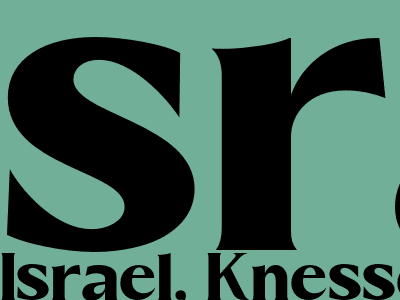
Israel: Constitutional Amendment Attempts to Restrict the Right to Petition
Knesset Members Propose Legislation Targeting NGOs
Overview
A proposed amendment to Israel's Basic Law: Human Dignity and Liberty has raised concerns among civil society organizations and legal experts. The amendment, introduced by Knesset Member Bezalel Smotrich, aims to restrict the right to petition the High Court of Justice (HCJ), a cornerstone of Israeli democracy.
The amendment proposes limiting the ability of non-governmental organizations (NGOs) to represent petitioners before the HCJ. Specifically, it requires organizations to prove a direct connection to the petitioner and have "sufficient expertise" in the legal matter at hand.
Impact on Civil Society
Critics argue that the amendment would disproportionately impact organizations representing marginalized communities and those challenging government policies. They contend that the burden of proof would make it more difficult for NGOs to advocate on behalf of underrepresented groups.
Furthermore, they argue that the requirement for "sufficient expertise" could lead to subjective and politically motivated decisions, as the determination would be made by a government-appointed committee.
Legal Implications
Legal experts have also raised concerns about the amendment's potential impact on the rule of law. They argue that the right to petition the HCJ is a fundamental aspect of Israeli democracy, allowing citizens to challenge government actions and ensure accountability.
They warn that the amendment could weaken the HCJ's oversight role and set a precedent for further erosion of judicial independence.
International Criticism
The proposed amendment has drawn international attention and criticism. The United Nations Special Rapporteur on the Rights to Freedom of Assembly and Association has expressed concern, urging Israel to protect the right to petition.
Human Rights Watch has also called on Israel to withdraw the amendment, stating that it "threatens the independence of the judiciary and the ability of human rights groups to hold the government accountable."
Conclusion
The proposed amendment to Israel's Basic Law has sparked a heated debate over the balance between national security and democratic rights. While supporters argue for the need to prevent foreign interference in internal affairs, critics emphasize the vital role of NGOs in protecting the rights of marginalized communities and upholding the rule of law.
The outcome of this debate will have a significant impact on the future of Israeli democracy and the ability of citizens to challenge government actions.